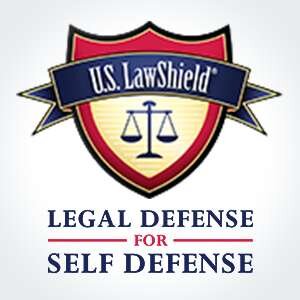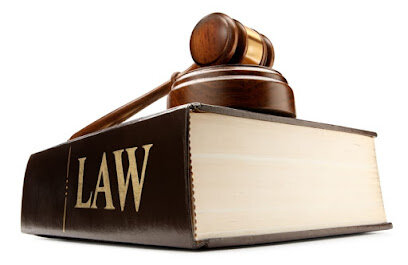Best Arrests & Searches Lawyers in Houston
Share your needs with us, get contacted by law firms.
Free. Takes 2 min.
List of the best lawyers in Houston, United States
About Arrests & Searches Law in Houston, United States:
Arrests and searches in Houston, United States are governed by both federal and state laws. The Fourth Amendment of the U.S. Constitution protects individuals from illegal searches and seizures by law enforcement. It is crucial to understand your rights when encountering law enforcement officers during an arrest or search.
Why You May Need a Lawyer:
You may need a lawyer in situations where you believe your rights have been violated during an arrest or search. A lawyer can help protect your rights, provide legal advice, and represent you in court if necessary. They can also ensure that any evidence obtained illegally is excluded from your case.
Local Laws Overview:
In Houston, Texas, police officers must have a warrant to conduct a search unless there is probable cause or consent. It is important to know your rights during interactions with law enforcement to prevent any potential violations. Understanding local laws can help you navigate the legal system more effectively.
Frequently Asked Questions:
1. Can police officers search my vehicle without a warrant?
In Houston, police officers can search your vehicle without a warrant if they have probable cause to believe there is evidence of a crime inside.
2. What should I do if I am arrested?
If you are arrested, remain calm and assert your right to remain silent until you have legal representation. Contact a lawyer as soon as possible.
3. Can police officers conduct a search of my home without a warrant?
In Houston, police officers generally need a warrant to search your home, unless there are exigent circumstances or you provide consent.
4. What rights do I have during a search or arrest?
You have the right to remain silent, the right to refuse a search without a warrant, and the right to legal representation during an arrest or search.
5. Can I refuse to consent to a search?
Yes, you have the right to refuse consent to a search. It is important to assert your rights politely and clearly.
6. What is probable cause?
Probable cause is a reasonable belief that a crime has been committed, and evidence of the crime is present. Police officers must have probable cause to conduct a search or make an arrest.
7. How can a lawyer help me during an arrest or search?
A lawyer can advise you on your rights, represent you in court, and ensure that any evidence obtained illegally is not used against you.
8. Can I challenge the legality of a search or arrest?
Yes, you can challenge the legality of a search or arrest in court. A lawyer can help you navigate this process and protect your rights.
9. What should I do if I believe my rights were violated during an arrest or search?
Contact a lawyer immediately to discuss your concerns and explore your legal options. It is important to document any details of the incident for your case.
10. How can I protect myself during a police encounter?
Stay calm, assert your rights, do not resist arrest, and contact a lawyer as soon as possible. It is important to comply with lawful orders while protecting your rights.
Additional Resources:
For more information on arrests and searches in Houston, you can contact the Houston Bar Association or the Texas Civil Rights Project. These organizations can provide legal guidance and resources to individuals in need of assistance.
Next Steps:
If you require legal assistance regarding arrests and searches in Houston, contact a qualified lawyer with experience in criminal defense. It is essential to protect your rights and seek legal counsel to navigate the legal system effectively.
Lawzana helps you find the best lawyers and law firms in Houston through a curated and pre-screened list of qualified legal professionals. Our platform offers rankings and detailed profiles of attorneys and law firms, allowing you to compare based on practice areas, including Arrests & Searches, experience, and client feedback.
Each profile includes a description of the firm's areas of practice, client reviews, team members and partners, year of establishment, spoken languages, office locations, contact information, social media presence, and any published articles or resources. Most firms on our platform speak English and are experienced in both local and international legal matters.
Get a quote from top-rated law firms in Houston, United States — quickly, securely, and without unnecessary hassle.
Disclaimer:
The information provided on this page is for general informational purposes only and does not constitute legal advice. While we strive to ensure the accuracy and relevance of the content, legal information may change over time, and interpretations of the law can vary. You should always consult with a qualified legal professional for advice specific to your situation.
We disclaim all liability for actions taken or not taken based on the content of this page. If you believe any information is incorrect or outdated, please contact us, and we will review and update it where appropriate.














